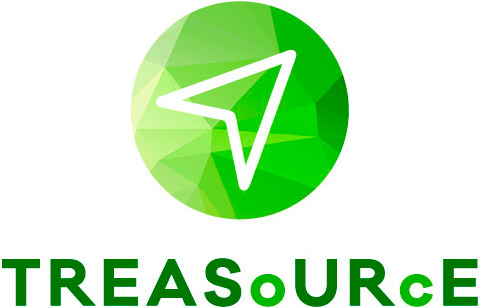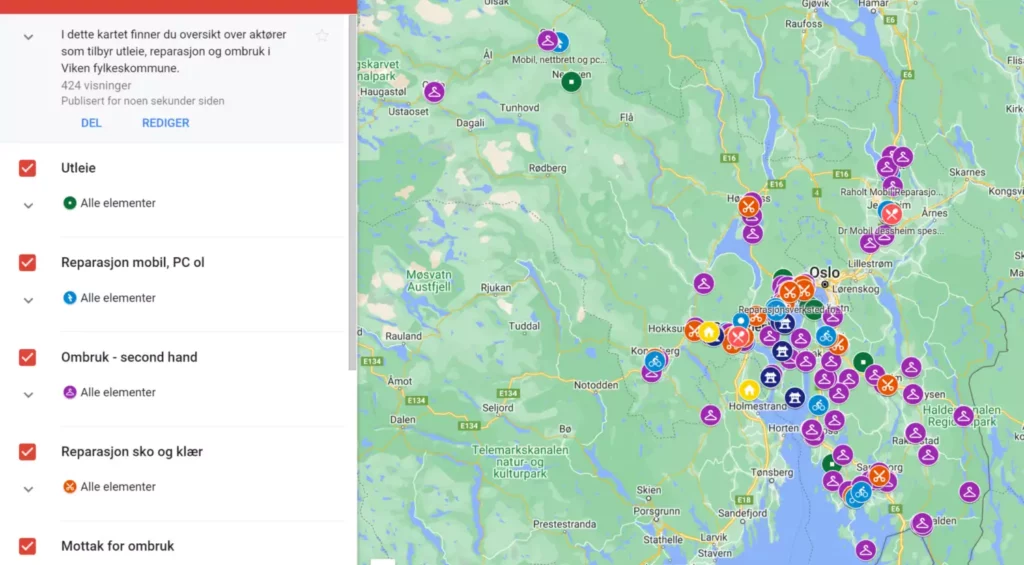The TREASoURcE project aims to increase the common understanding of the needed changes in the policy framework by hosting workshops focused on exploring the regulatory drivers and barriers impacting the circular economy of plastics and bio-based side and waste streams. Two international online workshops were conducted in February, each focusing on the regulatory aspects relating to the circular economy of plastics (February 8, 2024) and bio-based side and waste streams (February 13, 2024). These virtual workshops aimed to identify key components of the EU policy framework and gather insights for formulating policy recommendations that enhance the regulatory drivers while mitigating the barriers. As an outcome of the workshops, the project will formulate policy recommendations addressed to relevant EU and national authorities.
Both workshops followed a similar procedure and utilized Miro, an interactive online whiteboard platform, for the collaborative discussions. Participants were divided into smaller groups with predefined themes, exploring specific policy drivers and barriers. These groups discussed the critical factors hindering the development of their topic and defining solutions to overcome the obstacles. Below are summarized the initial insights withdrawn from these workshops.
Plastics
The plastic workshop gathered 33 participants representing stakeholders from the industry, government, research and academy, and NGOs to discuss issues and potential solutions regarding the policy landscape of circular plastics. Participants were divided into four groups: 1) Plastic waste collection and sorting, 2) The use of recyclates and biobased materials, 3) Circular solutions for challenging plastic waste streams, and 4) Cost-effectiveness of circular plastic solutions. The insights from the group discussions are presented below.
Waste Collection and Sorting
Inadequate waste collection and sorting are caused by lacking end-of-waste criteria, absence of material transparency and traceability, and feedstock contamination. Solutions like ecodesign and extended producer responsibility can improve collection and sorting efforts. Financial instruments like emission trading systems and ecomodulation can help create markets for recycled plastics, and financial resources for addressing collection and sorting barriers.
Recyclates and Biobased Materials
Recycled content requirement becomes a challenge when strict regulations on product quality impede the use of recyclates and biobased materials. Solutions involve advocating for simpler and greener packaging designs and regulatory flexibility on recycled content requirements to ensure product quality and safety.
Circular Solutions for Challenging Plastic Waste Streams
The varied nature of plastic waste complicates recycling efforts. Challenges include design constraints and lacking standards and certification schemes for technical process and quality control. Solutions include applying safe and sustainable by design principles and developing standardization and certification schemes for sustainable plastic recycling solutions and quality control for recyclate utilization.
Cost-Effectiveness of Circular Plastic Solutions
Cost-effectiveness faces barriers such as consumer acceptance and the price disparity between virgin and recycled plastics. Solutions suggest establishing sustainable label and monitoring systems, ensuring high-quality and well-branded recycled products can help overcome price differentials and consumer reluctance. Additionally, financial support schemes and public procurement policies can further stimulate the market for circular plastic solutions, fostering a more sustainable and cost-effective approach to plastic usage.
Bio-based side and waste streams
The bio-based workshop gathered 37 participants to discuss issues regarding the political framework of bio-based ecosystem and possible solutions to tackle them. Participants were divided into four groups: 1) biogas, 2) recycled fertilizers, 3) sewage sludge, and 4) funding instruments to promote the bio sector.
Similar barriers hindering the development of utilizing bio-based materials were identified in almost all groups, such as complexity of regulations, low predictability of policy instruments, and low profitability. The importance of long-term decision-making for the development of the whole value chain was highlighted in the discussions.
In general, EU-level and national level targets to increase recycling rates, the use of bio-based materials, to cut back on fossil-based inputs (i.e. energy, fertilizers) and to increase the share of renewable energy were seen as drivers for the bio sector. Increased prices of energy and fertilizers were also seen to boost the bio-based sector. In addition, carbon trade was seen as a potential driver.
Financial support was the main solution identified. Public monetary support to tackle costs from processing, new technologies and logistics was considered important for market development. Several brought up the need for public incentives to get the market ‘up and running’. Incentives and/or lowered taxation for recycled materials were also identified as possible solutions. Other solutions identified were more focused local-level policies, standardized circularity label, more emphasis on circular economy in CAP, better advisory services for farmers to help adapt to constant changes and administrative burden, and a shift in policies to focus on energy systems rather than individual parts of it.
15.3.2024 | Nora Berglund (MTK), nora.berglund@mtk.fi and Tran Ngo (VTT), tran.ngo@vtt.fi
Find more news here.

